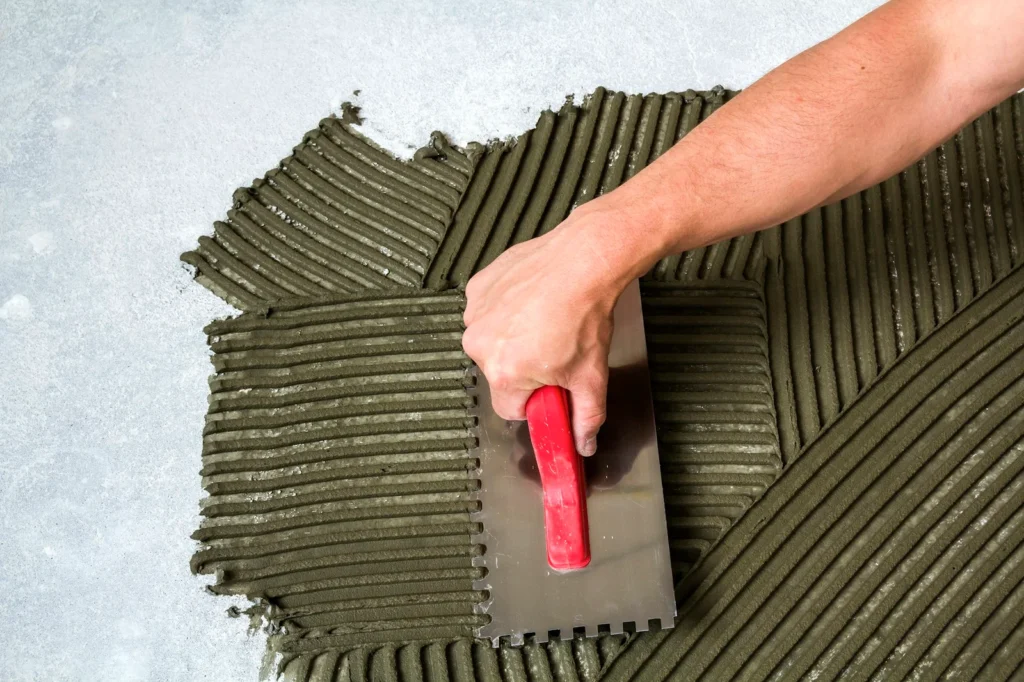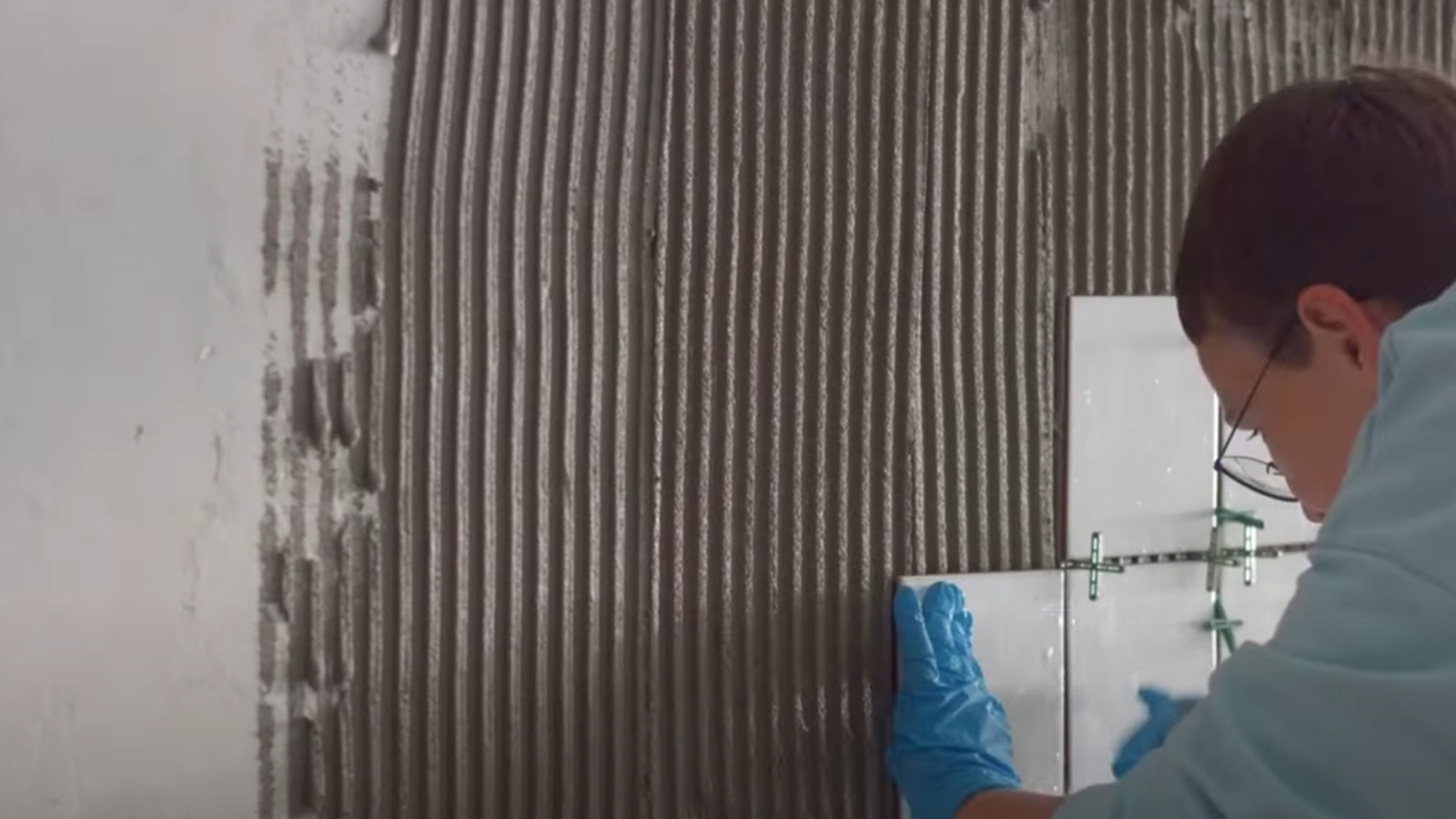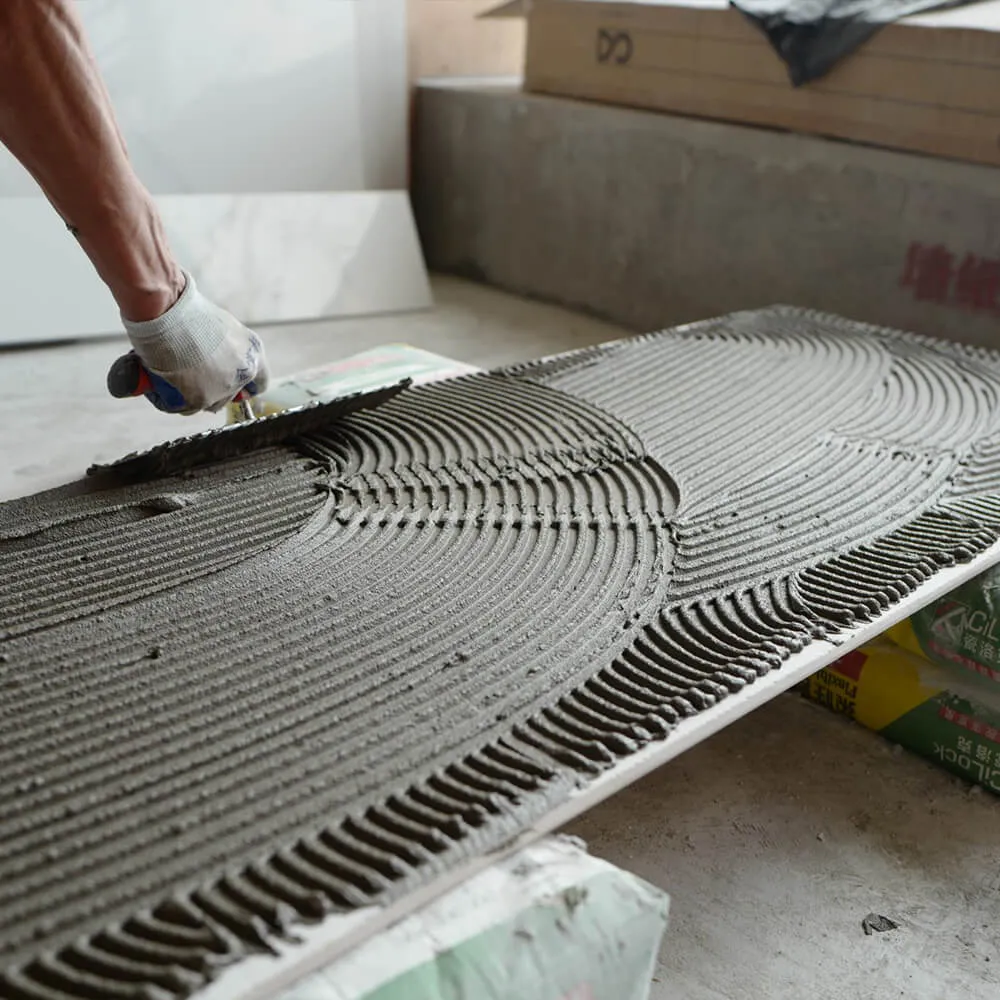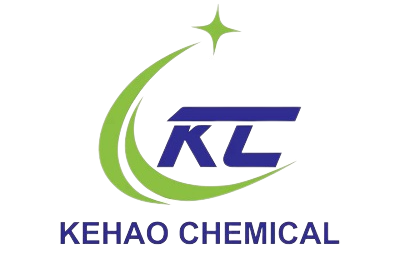When mortar cracks or tiles detach, the problem often lies in choosing the wrong RDP. Contractors face rising costs and wasted time when they fail to match the right grade to the right system.
For tile adhesives and EIFS, RDP improves bonding strength, flexibility, water resistance, and durability. Tile adhesives rely on adhesion and flexibility, while EIFS depends on crack resistance and insulation stability. Choosing the right type directly impacts long-term performance.

RDP for tile adhesives and EIFS
Many buyers believe all RDP is the same. In fact, each grade is designed with specific polymer compositions and properties. When you match the right RDP to tile adhesives or EIFS, you reduce rework, improve efficiency, and ensure reliable structures. Let me share the differences and show you how to choose the right supplier.
What Role Does RDP Play in Tile Adhesives and EIFS?
When projects fail, it is rarely due to cement alone. RDP plays a hidden but critical role that builders often overlook. Without it, tile adhesives lose flexibility, and EIFS systems risk cracking under stress.
RDP strengthens adhesion, improves flexibility, enhances water resistance, and extends durability. In tile adhesives, it ensures tiles stay in place under stress and temperature changes. In EIFS, it prevents cracking, improves impact resistance, and supports insulation layers for long-term performance.

RDP performance in construction
Bonding Strength
Tile adhesives require strong adhesion to prevent tile detachment. RDP modifies mortar to form a flexible polymer film that bonds tiles securely even in high-moisture areas. See BASF’s insights on polymer binders.
Flexibility and Crack Resistance
EIFS systems face thermal stress and movement. RDP provides flexibility, so the layers bend without breaking. This prevents cracks that lead to water penetration.
Water Resistance
Water infiltration is one of the main causes of failure in adhesives and EIFS. RDP improves water retention during application and enhances long-term resistance to rain and humidity.
Durability
By forming a continuous polymer network, RDP ensures that mortars and adhesives stay intact even after years of exposure to weather and load.
Which Grades of RDP Are Best for Tile Adhesives vs EIFS Applications?
Contractors often ask me, “Can I use the same RDP for both tile adhesives and EIFS?” The truth is, not all RDP grades work equally well in both. Choosing the wrong one leads to weak bonding or cracks.
Tile adhesives work best with RDP grades that have strong adhesion and flexibility. EIFS applications need RDP grades with high crack resistance, impact strength, and water retention. Each project demands a balance of polymer composition, viscosity, and performance.
Tile Adhesives – Recommended RDP Features
- High bonding strength
- Good workability
- Flexible film formation
- Resistance to thermal movement
EIFS – Recommended RDP Features
- Strong crack resistance
- High water retention
- Impact durability
- Stable performance under insulation stress
| Property | Tile Adhesives (Preferred) | EIFS (Preferred) |
|---|---|---|
| Bonding Strength | ★★★★★ | ★★★★☆ |
| Flexibility | ★★★★☆ | ★★★★★ |
| Crack Resistance | ★★★★☆ | ★★★★★ |
| Water Retention | ★★★★☆ | ★★★★★ |
| Workability | ★★★★★ | ★★★★☆ |
In my own projects, when I used standard-grade RDP in EIFS, cracks appeared after one winter. When I switched to high-flexibility and high-water-retention grades, the system held without damage. The lesson is clear: select RDP based on the application, not on price alone.
How to Select the Right RDP Supplier for Reliable Construction Performance?
A contractor may choose the right formula but still face failure if the RDP supplier cannot ensure consistent quality. Many buyers focus only on price, but poor supply leads to bigger costs.
The best RDP supplier provides stable quality, technical support, global certifications, and reliable delivery. You should evaluate their production capacity, testing processes, and reputation to ensure your projects never face unexpected risks.

RDP supplier selection
Technical Strength
A good supplier offers technical guidance on choosing the right RDP grade. They understand how polymer chemistry affects mortar performance. For example, Wacker explains polymer modification clearly.
Quality Stability
Suppliers must have strict testing processes. Each batch should meet international standards like ISO and REACH. Inconsistent quality leads to wasted material and rework.
Certifications
Check if the supplier provides REACH, ISO, and third-party test reports. These certifications protect you from risks of counterfeit or low-quality powders.
Delivery Capability
Projects face delays if suppliers cannot ship on time. A reliable supplier has large production capacity, multiple lines, and logistics experience.
My Experience
I once worked with a supplier who offered the lowest price but failed to deliver on schedule. The delay caused my client to stop construction for three weeks. Since then, I only work with factories that control their own production lines and can prove their delivery history.
Conclusion
Choosing the right RDP for tile adhesives and EIFS means matching grades to applications and working with a supplier who guarantees stable quality and timely delivery.



